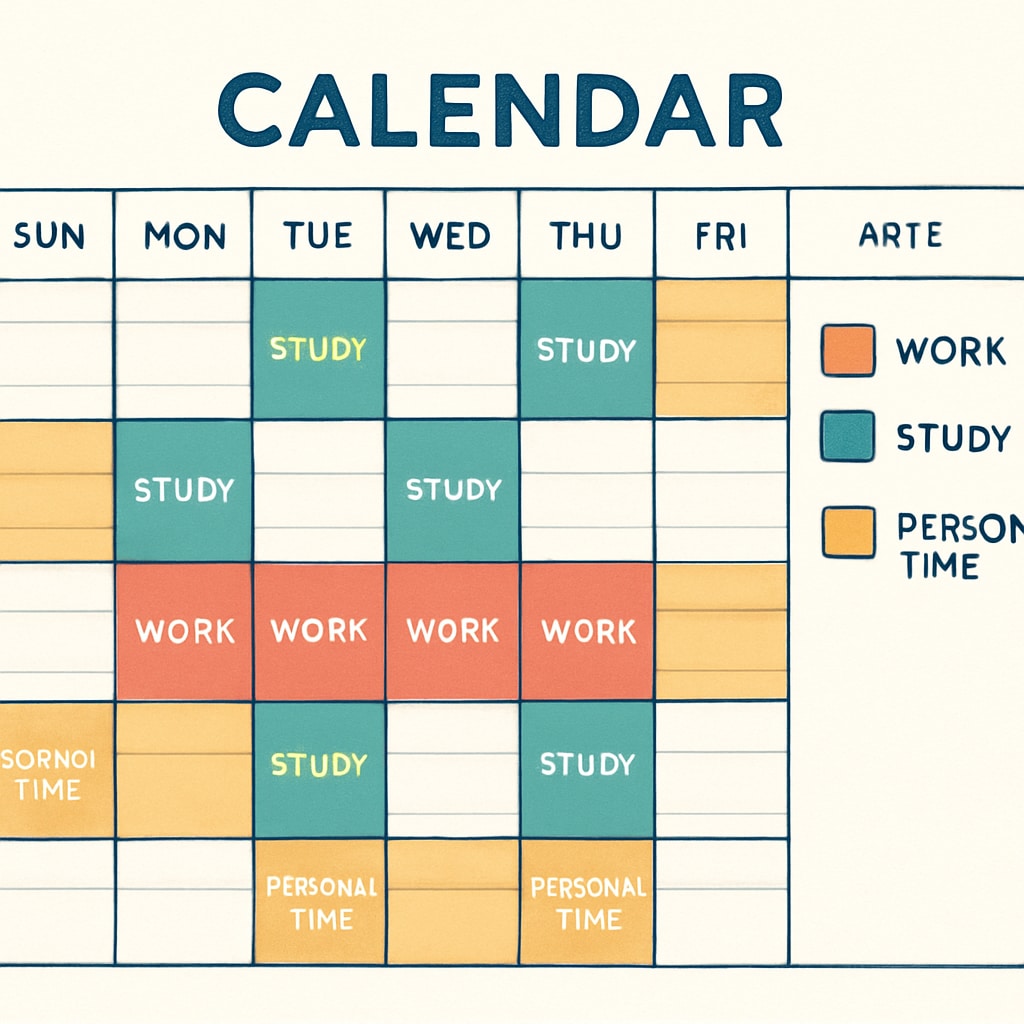Pursuing a master’s degree can be a game-changer for career growth, but it’s no secret that balancing higher education with a full-time job is a challenging feat. Many professionals in their 30s face this dilemma as they aim to advance their careers while juggling family, work responsibilities, and personal commitments. This article explores how earning a master’s degree can enhance career opportunities and offers practical time management strategies to help professionals succeed without sacrificing performance at work.
The Value of a Master’s Degree in Career Growth
In today’s competitive job market, a master’s degree often serves as a gateway to leadership roles, specialized fields, and higher salaries. According to a report by the U.S. Bureau of Labor Statistics, individuals with advanced degrees tend to earn significantly more over their lifetimes compared to those with only a bachelor’s degree. For professionals in their 30s, this educational investment can provide the expertise and credentials needed to stay relevant in evolving industries.
However, pursuing a master’s program while working full-time is not just about career advancement—it’s about personal development. Many professionals find that postgraduate education enhances their critical thinking, problem-solving, and networking skills, which are invaluable in the workplace.

Challenges of Balancing Work and Education
Despite the advantages, returning to school while maintaining a full-time job presents numerous challenges. Common obstacles include:
- Time Constraints: Balancing work deadlines, class schedules, and personal responsibilities can leave little room for relaxation or self-care.
- Financial Strain: Tuition fees and additional costs like textbooks and commuting can add pressure to already tight budgets.
- Stress and Burnout: The demands of work and education can lead to physical and emotional exhaustion if not managed effectively.
However, these challenges are not insurmountable. With proper planning and a commitment to balance, professionals can thrive in both areas of their lives.
Time Management Strategies for Success
Effective time management is the cornerstone of balancing a master’s degree and career growth. Here are some actionable strategies to help professionals stay on track:
- Set Clear Priorities: Identify your most important goals for work, school, and personal life. Focus on high-impact tasks and delegate or postpone less critical ones.
- Create a Structured Schedule: Use digital tools like Google Calendar or productivity apps to organize your time. Allocate specific blocks for work, study, and relaxation.
- Communicate with Stakeholders: Inform your employer, professors, and family about your commitments. Transparency can lead to understanding and support.
- Leverage Online Resources: Many master’s programs now offer online or hybrid classes, providing greater flexibility for working professionals. Make the most of these opportunities.
- Practice Self-Care: Regular exercise, a healthy diet, and sufficient sleep are crucial to maintaining energy and focus. Avoid overloading your schedule to prevent burnout.

Opportunities Beyond the Challenges
While the journey may be demanding, the rewards of successfully balancing a master’s degree and career are immense. Graduates often find themselves better equipped to handle complex work challenges, take on leadership roles, and achieve long-term career satisfaction. Furthermore, the discipline and resilience developed during this process can have lasting benefits in all areas of life.
Professionals who master the art of balancing education and work often serve as role models within their organizations, inspiring others to pursue lifelong learning and growth. As a result, they not only enhance their own prospects but also contribute positively to their workplace culture.
In conclusion, pursuing a master’s degree while working full-time is a demanding yet rewarding endeavor. By implementing effective time management strategies and maintaining a clear focus on their goals, professionals can unlock new opportunities for career growth and personal development without compromising their current responsibilities. As the saying goes, “The best investment you can make is in yourself.”
Readability guidance: Use short paragraphs and lists to summarize key points; ensure a balance between challenges and solutions. Insert transition words (e.g., however, therefore, in addition) for smoother reading flow.


